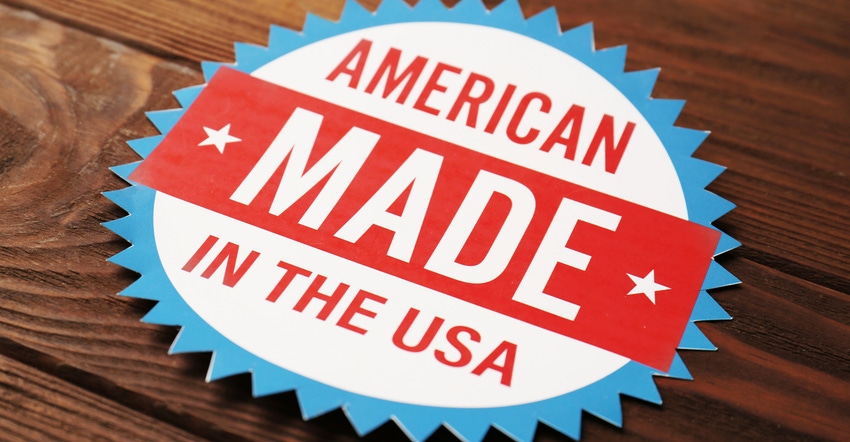
NCBA said this week it would work with USDA-FSIS (Food Safety Inspection Service) to essentially fix the loopholes in what it calls “voluntary country-of-origin labeling (COOL).”
There has been quite a bit of grumbling in recent months by some in the industry because beef products can be brought into the US from other countries, processed in some fashion, then labeled a product of the USA.
Specifically, NCBA said its Executive Committee has unanimously approved efforts to work with the FSIS on solutions to the labeling requirements and verification procedures in place for beef products labeled as Product of the U.S.A, Made in the U.S.A., or similar origin claims. NCBA said its goal is a solution which “will resolve the concerns of beef producers, work at the speed of commerce, meet America's trade obligations and prevent confusion among consumers.”
NCBA said it has been studying the origin claims in use on some beef product labels for several months. During the NCBA Summer Business Meeting in July, NCBA leaders formed a producer-led working group to examine the extent of these concerns and the federal regulations governing such practices. Although the working group has not determined whether such practices are occurring on a widespread basis, concerns remain that consumer expectations relative to beef product labels bearing origin claims may not be consistent with FSIS’s current policy, it said.
NCBA said it and its state affiliates are committed to working together with USDA to bring forward a meaningful solution to ensure that any voluntary country-of-origin claims are verified by USDA's Agricultural Marketing Service (AMS) prior to the approval of labels by USDA-FSIS. NCBA said it believes that beef labels with voluntary country-of-origin labeling marketing claims should be verified through existing USDA framework that is market-based and respects international trade commitments.
“It is critically important that any changes not trigger retaliatory tariffs from Mexico or Canada that have already been approved by the WTO,” NCBA said.
NCBA says it believes that other recent efforts to address these concerns by Congress or other industry groups are well-intentioned but either miss the mark and don’t go far enough to address the situation.
About the Author(s)
You May Also Like




